TP – In just nine months, Vietnam has welcomed US President Joe Biden, Chinese General Secretary and President Xi Jinping and Russian President Vladimir Putin, balancing geopolitical competition that few countries have been able to do.
That was the assessment of the British newspaper Financial Times in an article published last June, after the Kremlin leader visited Hanoi. Professor Carlyle Thayer, working at the University of New South Wales, Australian Defense Force Academy, also assessed that Vietnam's invitation of leaders of three major powers to visit in such a short period of time is a special diplomatic success that few countries can achieve.
Enhance international prestige and position
Speaking to Tien Phong reporters, Professor Thayer assessed that those visits reflected the strategic interests of the US, China and Russia in Vietnam in particular and Asia in general, in the context of an increasingly polarized international system. New strategic alliances have been formed in recent years and confrontations have increased, especially the two major conflicts that have persisted in Ukraine and the Gaza Strip.
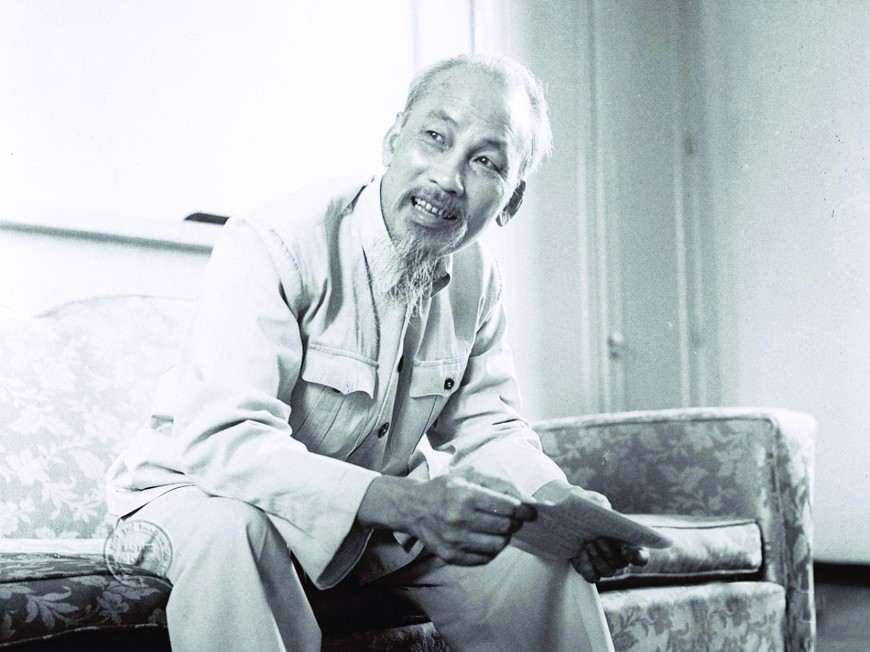 |
President Ho Chi Minh directly laid the foundation and directed and led the development of Vietnam's revolutionary diplomacy. (Photo: Quochoi.vn)
Russia and China have cooperated globally after declaring an “unlimited partnership,” which has led NATO to accuse China of supporting Russia in the conflict in Ukraine. Beijing and Moscow regularly hold joint naval and air exercises in Northeast Asia. North Korea and Russia have also recently upgraded their bilateral cooperation framework, with the United States and its allies accusing Pyongyang of supplying Moscow with ballistic missiles and other weapons for use in the Ukraine conflict in exchange for Russian technological assistance. In the Asia-Pacific, Australia, Japan, South Korea and New Zealand have joined forces to form the Indo-Pacific 4 (IP4) group. Over the past three years, IP4 has attended three NATO summits.
Professor Carlyle Thayer said that Vietnam's success in foreign affairs is not only reflected in welcoming leaders of the US, China and Russia, but also in upgrading relations with South Korea, Japan and Australia to a comprehensive strategic partnership. This achievement should be placed in the broader context of Vietnam's long-term foreign policy of diversification and multilateralization, becoming a reliable partner and an active and responsible member of the international community.
Polarization in international relations has led to major powers competing for influence in Southeast Asia. Professor Thayer said that the visits of leaders of major powers to Vietnam are also part of efforts to expand influence, and Vietnam has taken advantage of this to reaffirm its independent foreign policy and strategic autonomy as well as its “four no’s” defense policy. “Each major power wants to ensure that Vietnam will not take sides in their competition or disputes and that Vietnam can continue to cooperate for mutual benefit as long as its national interests are not harmed,” Professor Thayer said.
Mr. Thayer commented that by creating such milestones in such a short period of time, Vietnam has enhanced its international prestige and position. “This signals to other countries such as Japan, Australia and the European Union that Vietnam is an independent and constructive member of the international community, so supporting Vietnam’s development is also in their interests,” he said.
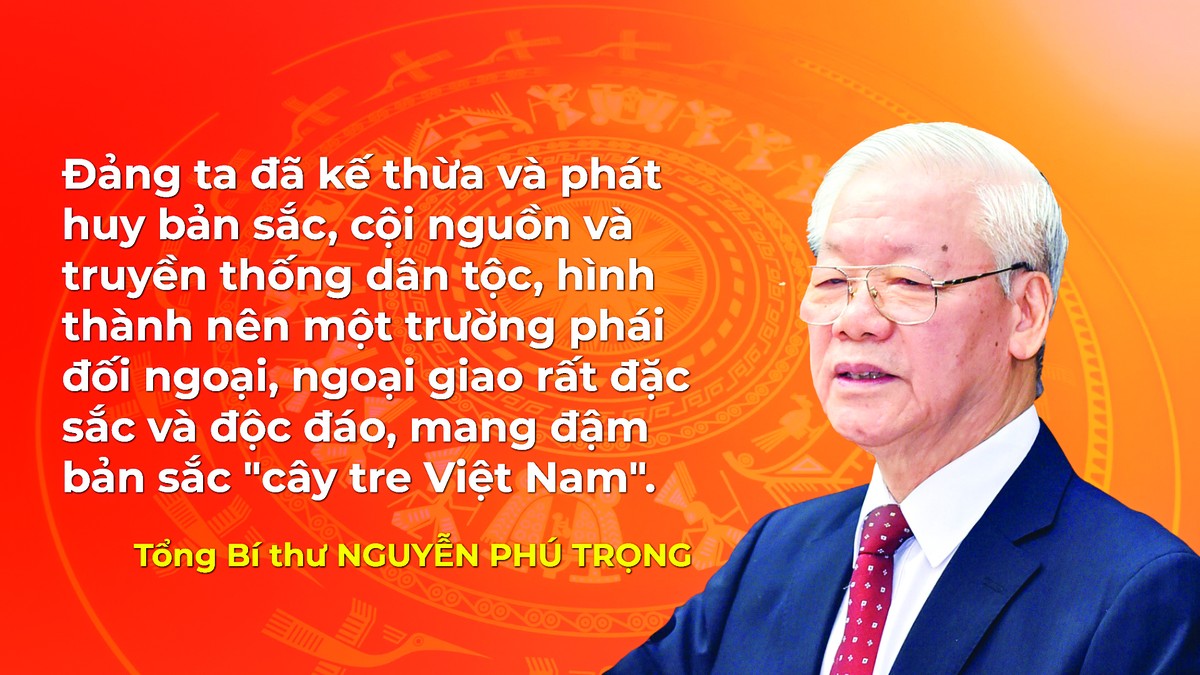 |
| Former General Secretary Nguyen Phu Trong (Photo: Quochoi.vn) |
Sharing with Tien Phong reporter, former Deputy Minister of Foreign Affairs Nguyen Thanh Son said that since the 13th Party Congress, the foreign policy of our Party and State has been bringing about clear results. The achievements in integration show the correctness of the foreign policy that the late General Secretary Nguyen Phu Trong summarized as "Vietnam's bamboo diplomacy". The bamboo diplomacy school with "firm roots, strong trunk, flexible branches" helps Vietnam respond to challenges and maintain a favorable foreign environment for national development. Mr. Son said that one of Vietnam's most successful achievements is its successful integration with the world without fading its political color.
Economic benefits
According to Professor Thayer, the US, China and Russia all have significant interests in Vietnam. The US is Vietnam's largest export market. China is Vietnam's largest trading partner. Russia is a country with a long-standing traditional friendship and is an important partner of Vietnam in the defense and oil and gas sectors.
Professor Thayer said that Vietnam has used the visits to upgrade or expand existing frameworks to promote bilateral cooperation. Vietnam has upgraded its relationship with the US to a comprehensive strategic partnership. Former General Secretary Nguyen Phu Trong and President Joe Biden agreed to increase trade and investment in science and technology, innovation, the digital economy, energy, public health, and climate change mitigation. In particular, the US and Vietnam agreed to develop resilient supply chains.
Former General Secretary Nguyen Phu Trong and General Secretary and President of China Xi Jinping agreed to continue to deepen and elevate the Comprehensive Strategic Cooperative Partnership, building a Vietnam-China Community of Shared Future of strategic significance. The two sides agreed to enhance substantive cooperation in trade and investment, infrastructure, finance, currency, food security, green development, science and technology, human resources, healthcare, etc.
“We still maintain political stability and socio-economic security under the leadership of the Communist Party. We have the right policy, clarity, determination and solidarity. Therefore, the foreign policy of our Party and State is admired and respected by the world. Although there may be countries that do not like our political model, they have to accept it.” Former Deputy Minister of Foreign Affairs Nguyen Thanh Son
During President Putin’s visit, Vietnam and Russia agreed to consolidate and deepen the Comprehensive Strategic Partnership through trade balance, investment in mineral exploration and processing, industry, agriculture, machinery manufacturing and energy; cooperation in new oil and gas projects; promoting cooperation in mining, transportation, shipbuilding, machinery manufacturing, railway modernization, etc.
Problems at sea
The issue of disputes in the East Sea was raised in all three meetings of the late General Secretary Nguyen Phu Trong with President Joe Biden, General Secretary and President Xi Jinping and President Vladimir Putin.
According to Professor Thayer, despite being fierce competitors, the US and Russia share common interests in supporting Vietnam in building its capacity for maritime security and law enforcement at sea. Russia wants to protect its interests in the Vietsovpetro oil and gas joint venture.
The East Sea is located on the vital shipping route connecting the Pacific Ocean - Indian Ocean, Europe - Asia, Middle East - Asia, playing an extremely important role in global maritime trade, with commercial goods worth about 5,300 billion USD transported each year.
Leaders of the countries visiting Hanoi all agreed with Vietnam's principled stance on the East Sea issue. Vietnam and China agreed to continue to adhere to the important common perception between the high-ranking leaders of the two Parties and two countries, persistently pursue friendly consultations, strengthen the government-level negotiation mechanism on territorial borders, and actively seek fundamental, long-term solutions that are acceptable to both sides.
Tienphong.vn
Source: https://tienphong.vn/dap-so-cho-bai-toan-loi-ich-quoc-gia-post1666563.tpo


![[Photo] Prime Minister Pham Minh Chinh holds talks with Ethiopian Prime Minister Abiy Ahmed Ali](https://vstatic.vietnam.vn/vietnam/resource/IMAGE/2025/4/15/4f7ba52301694c32aac39eab11cf70a4)
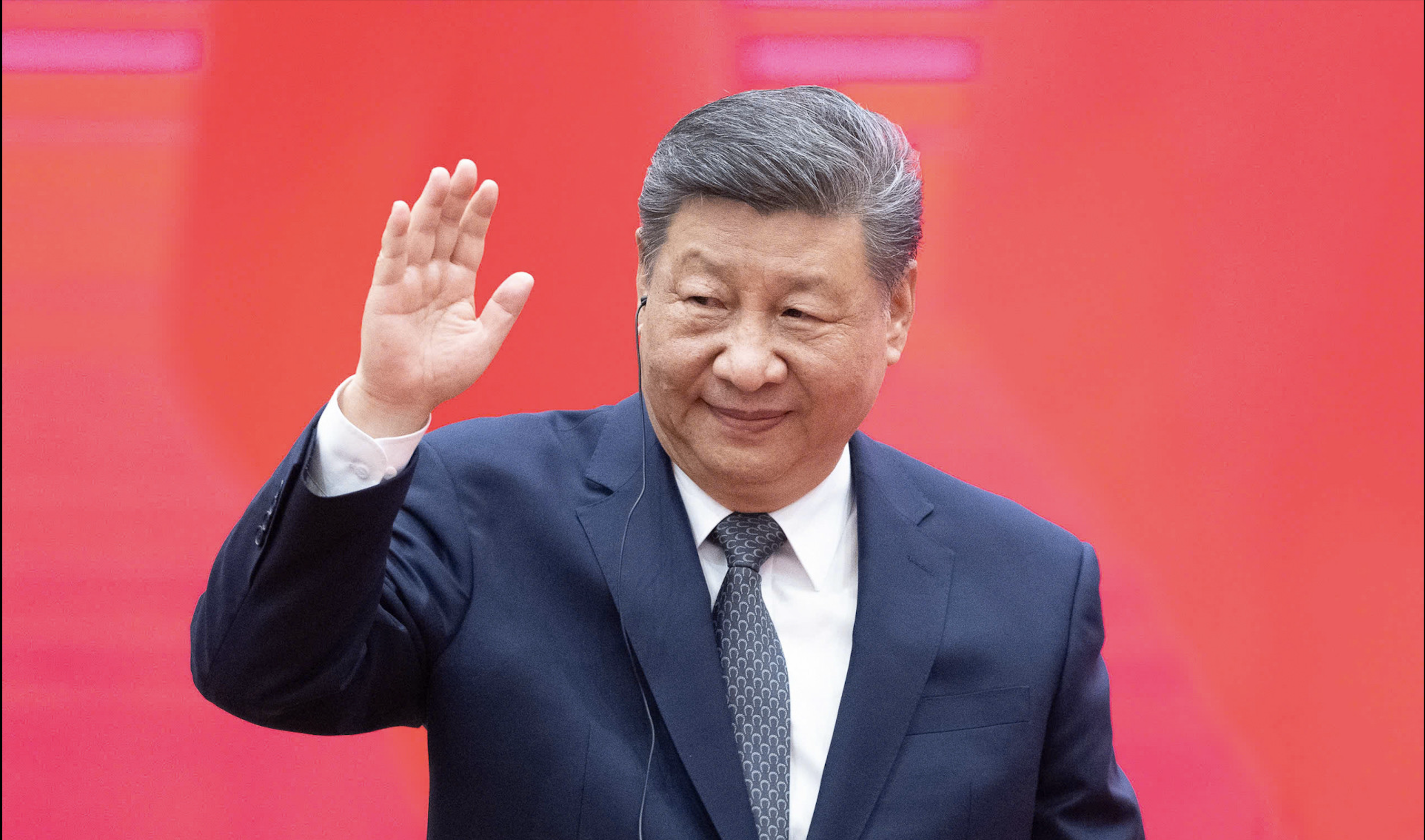
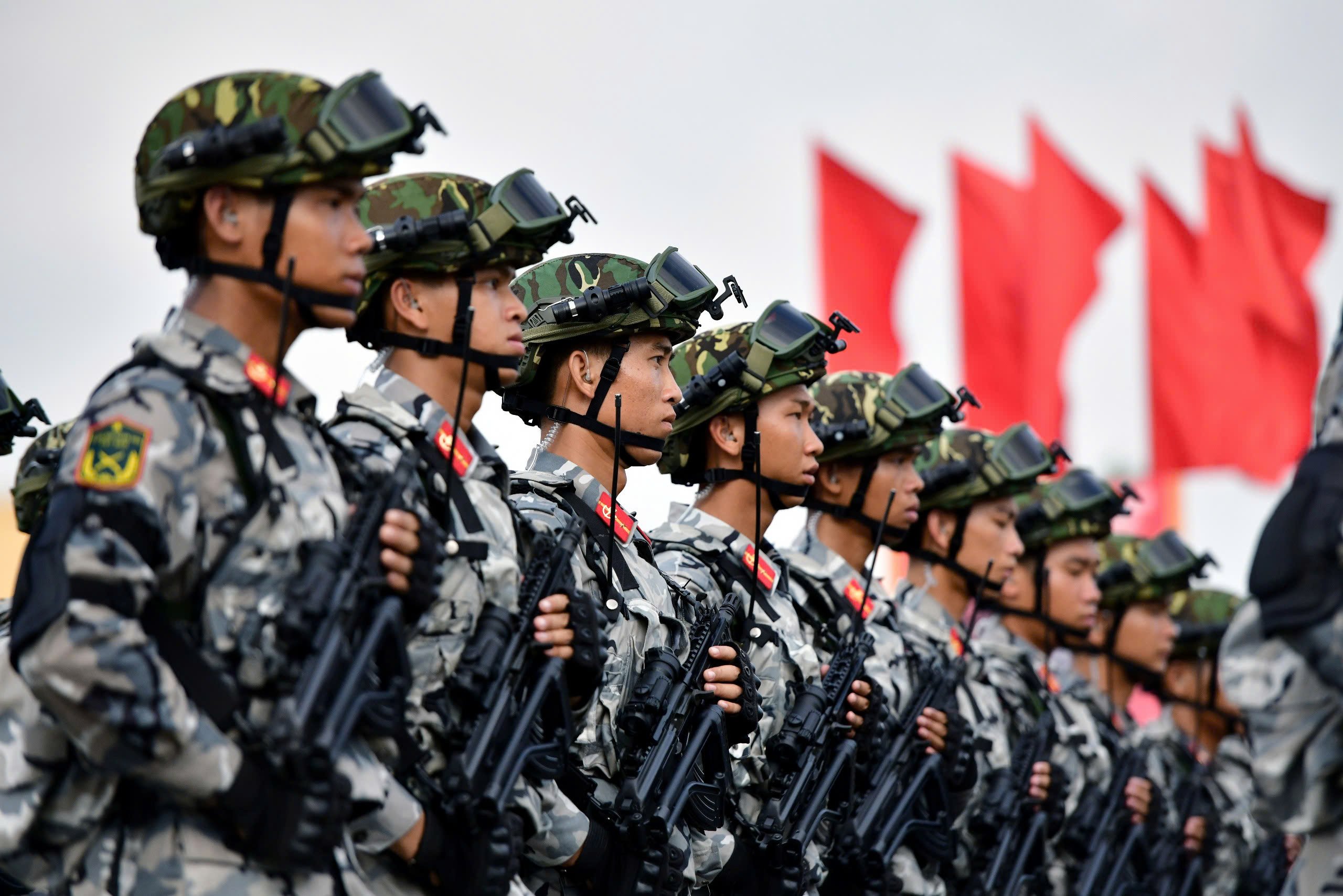
![[Photo] The two Prime Ministers witnessed the signing ceremony of cooperation documents between Vietnam and Ethiopia.](https://vstatic.vietnam.vn/vietnam/resource/IMAGE/2025/4/15/16e350289aec4a6ea74b93ee396ada21)


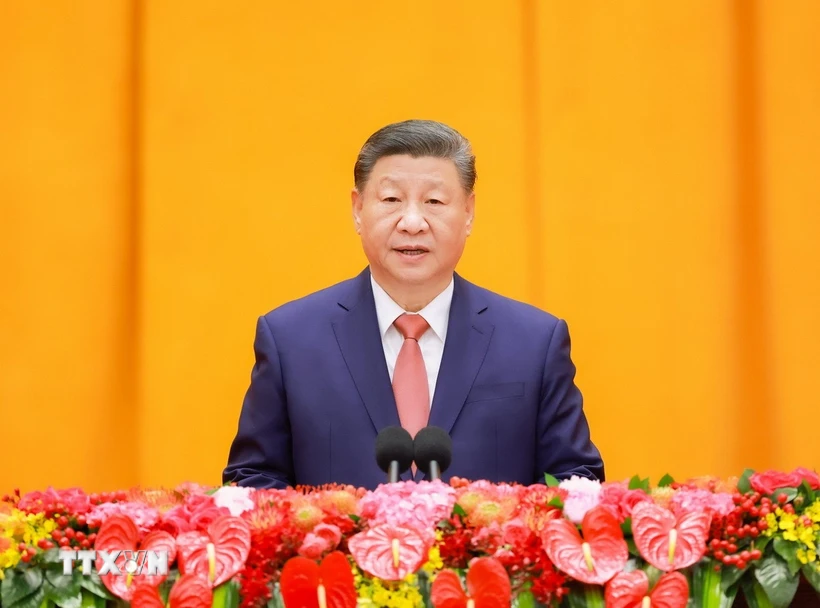

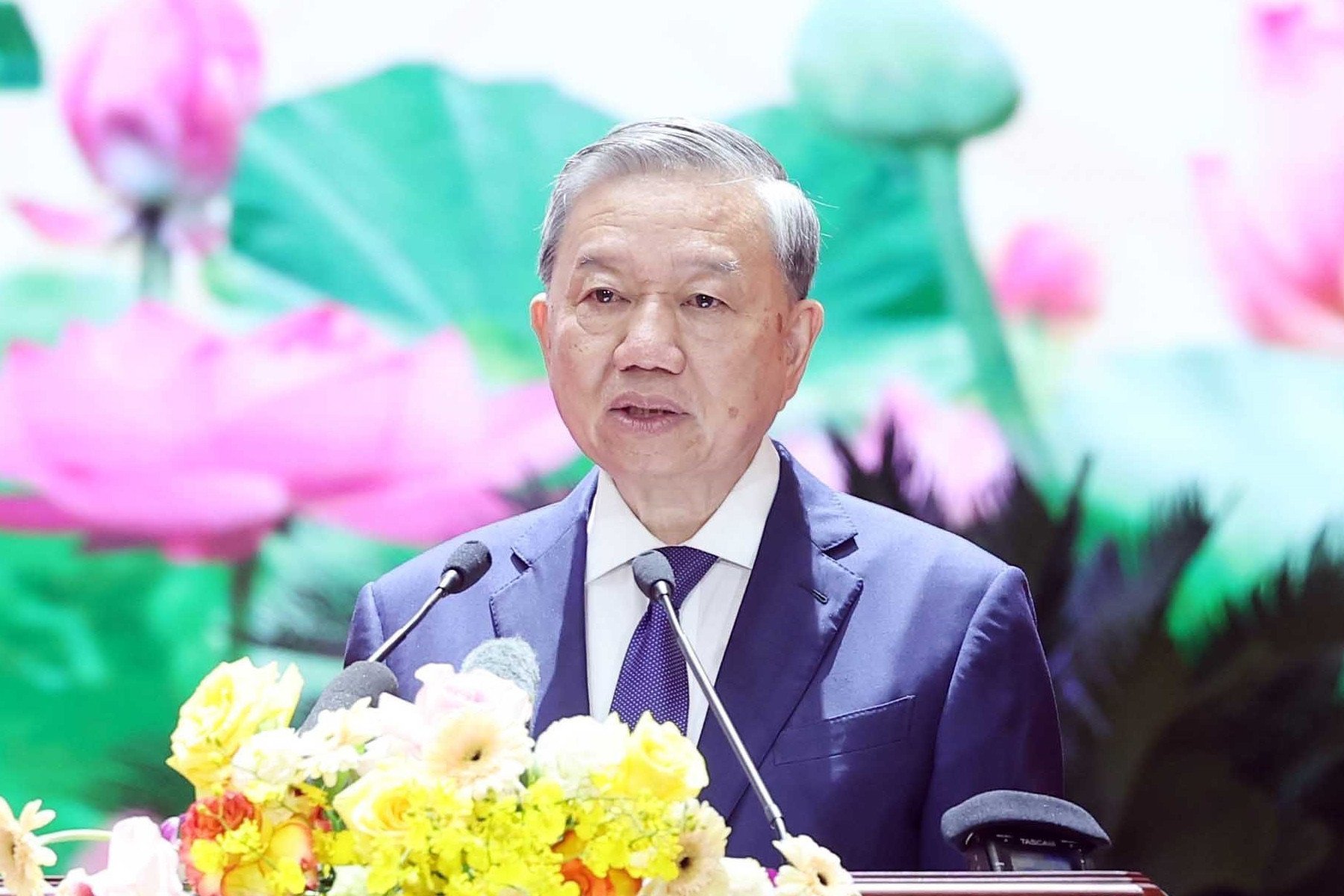

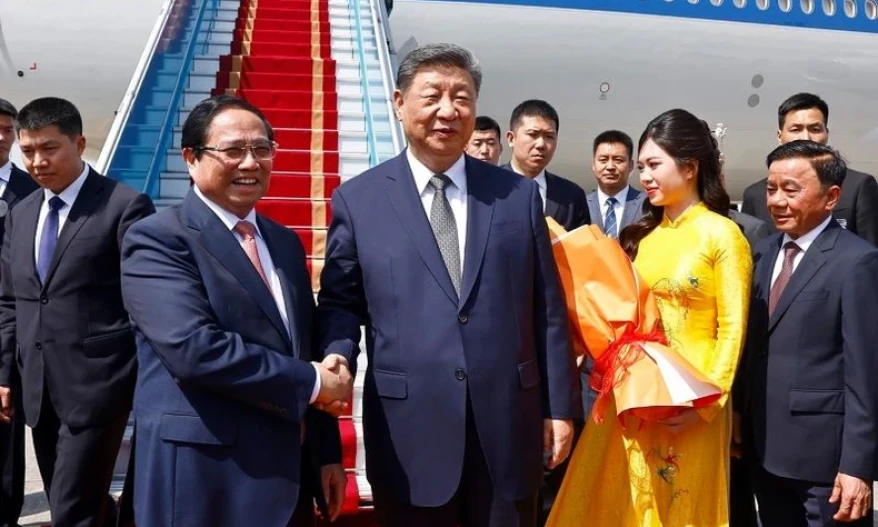
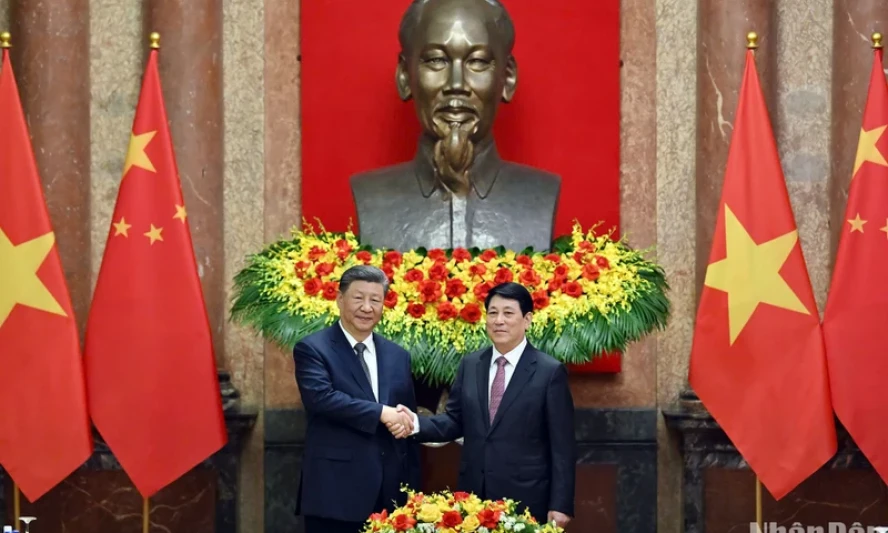
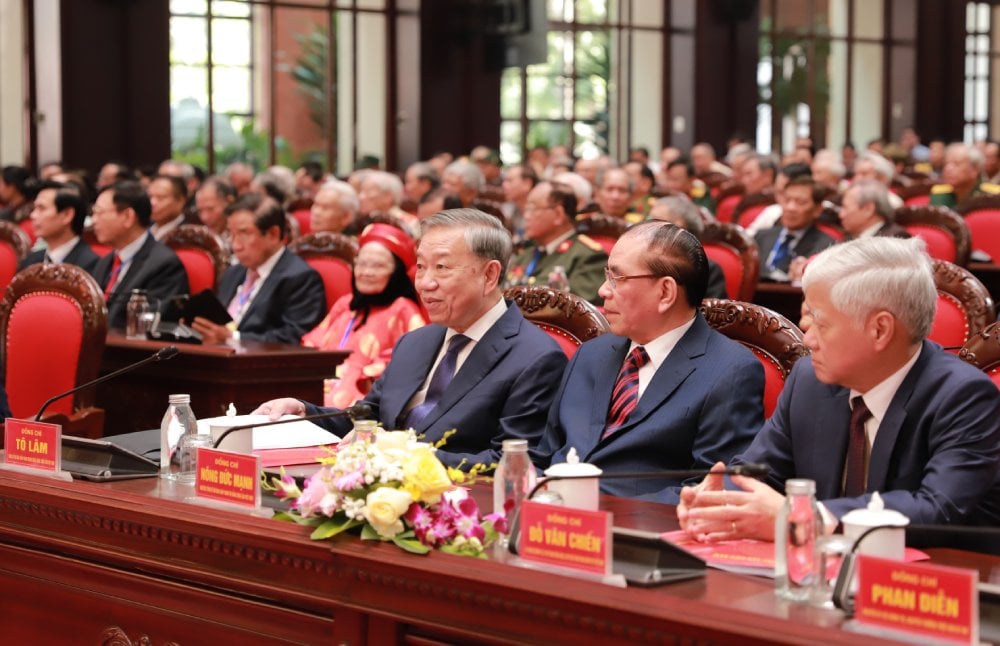


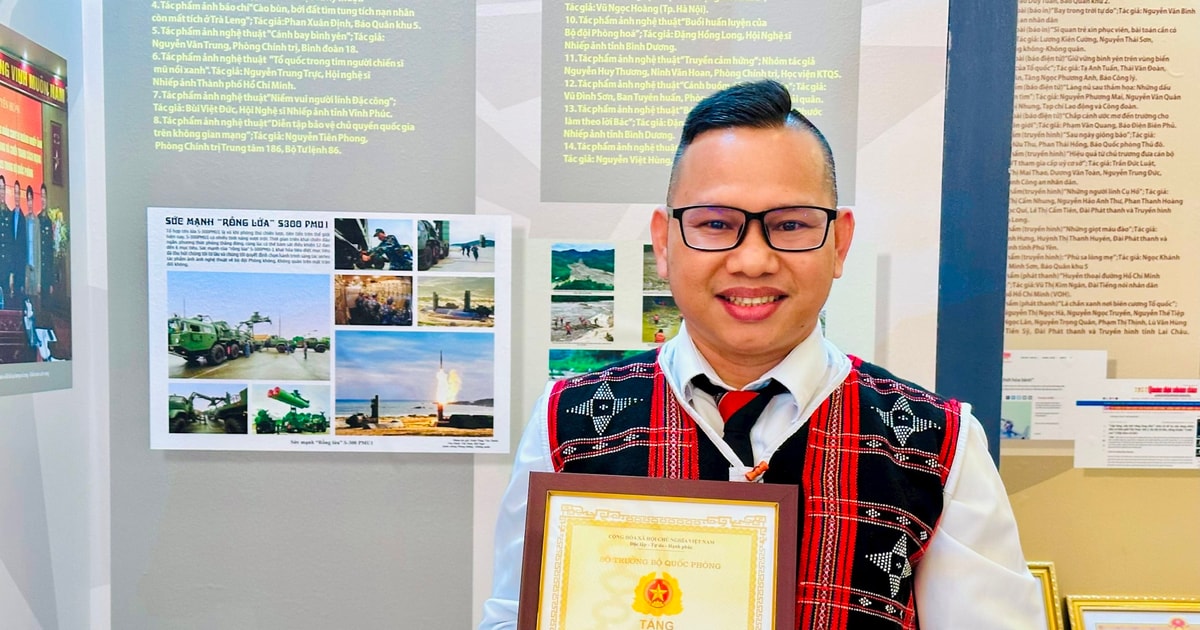
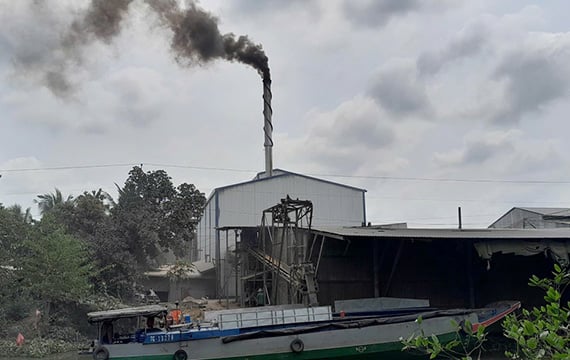
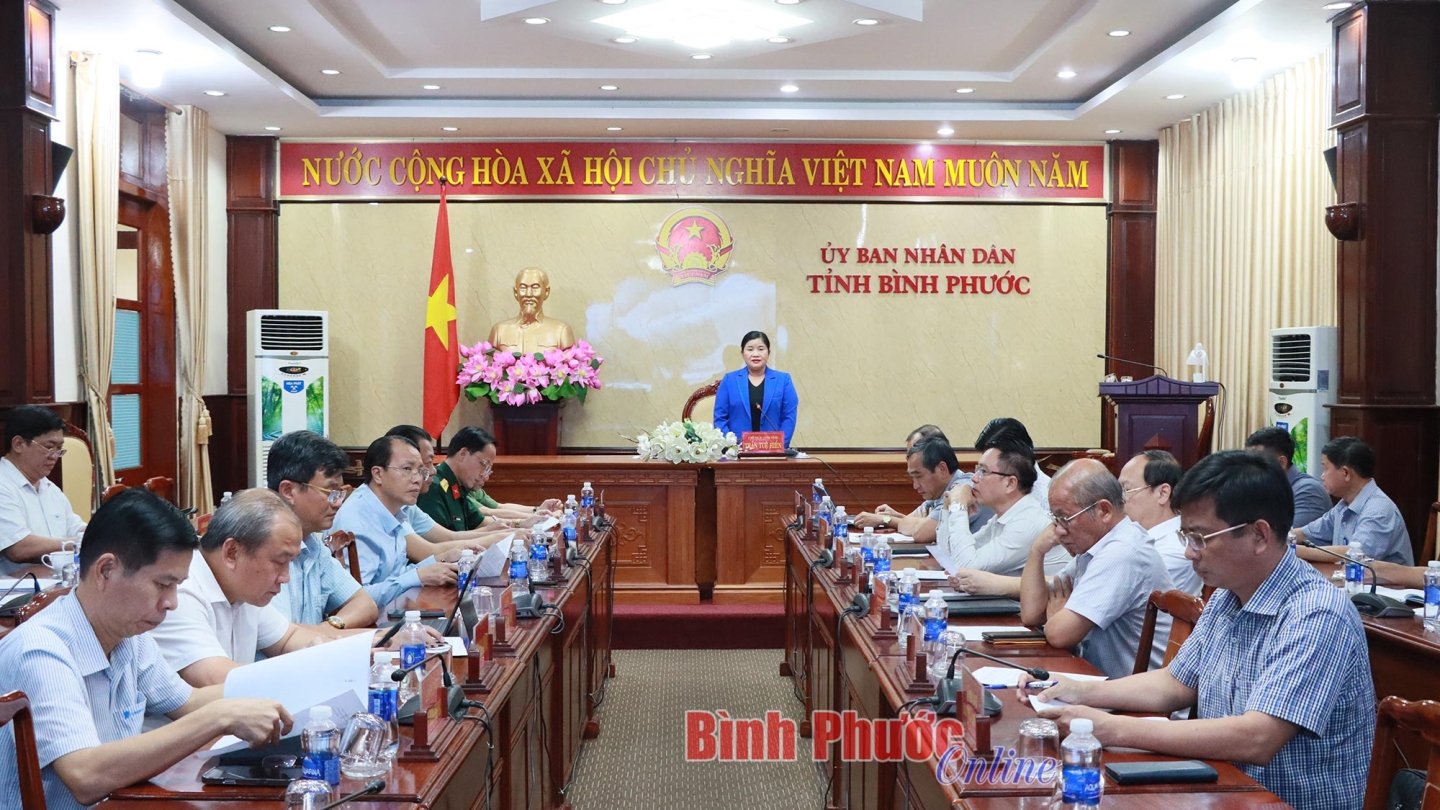
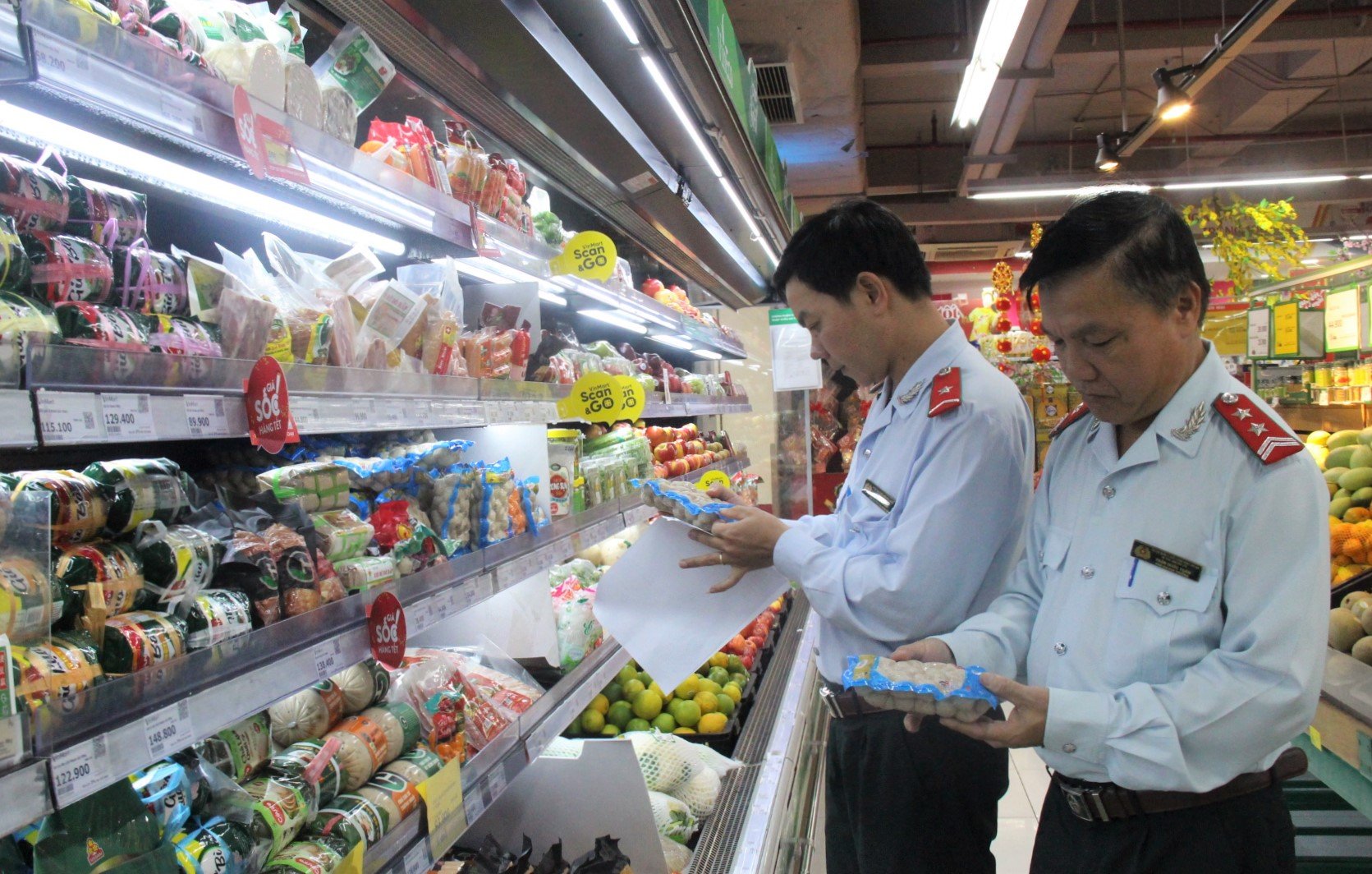
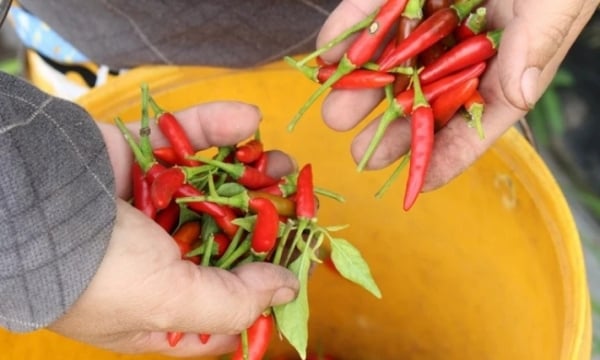




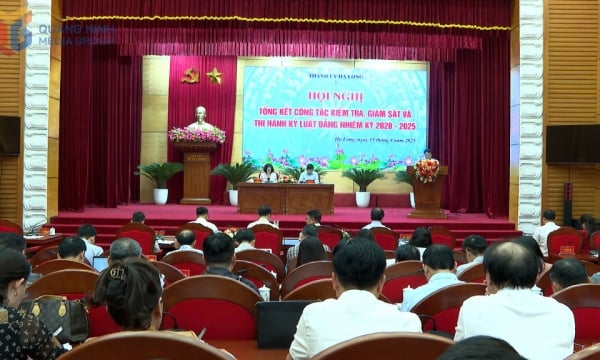
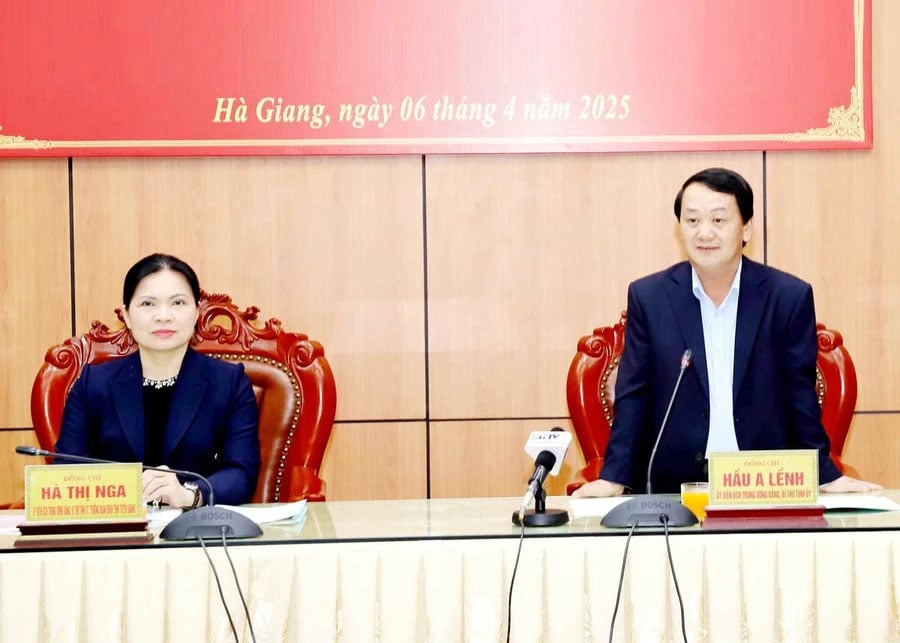
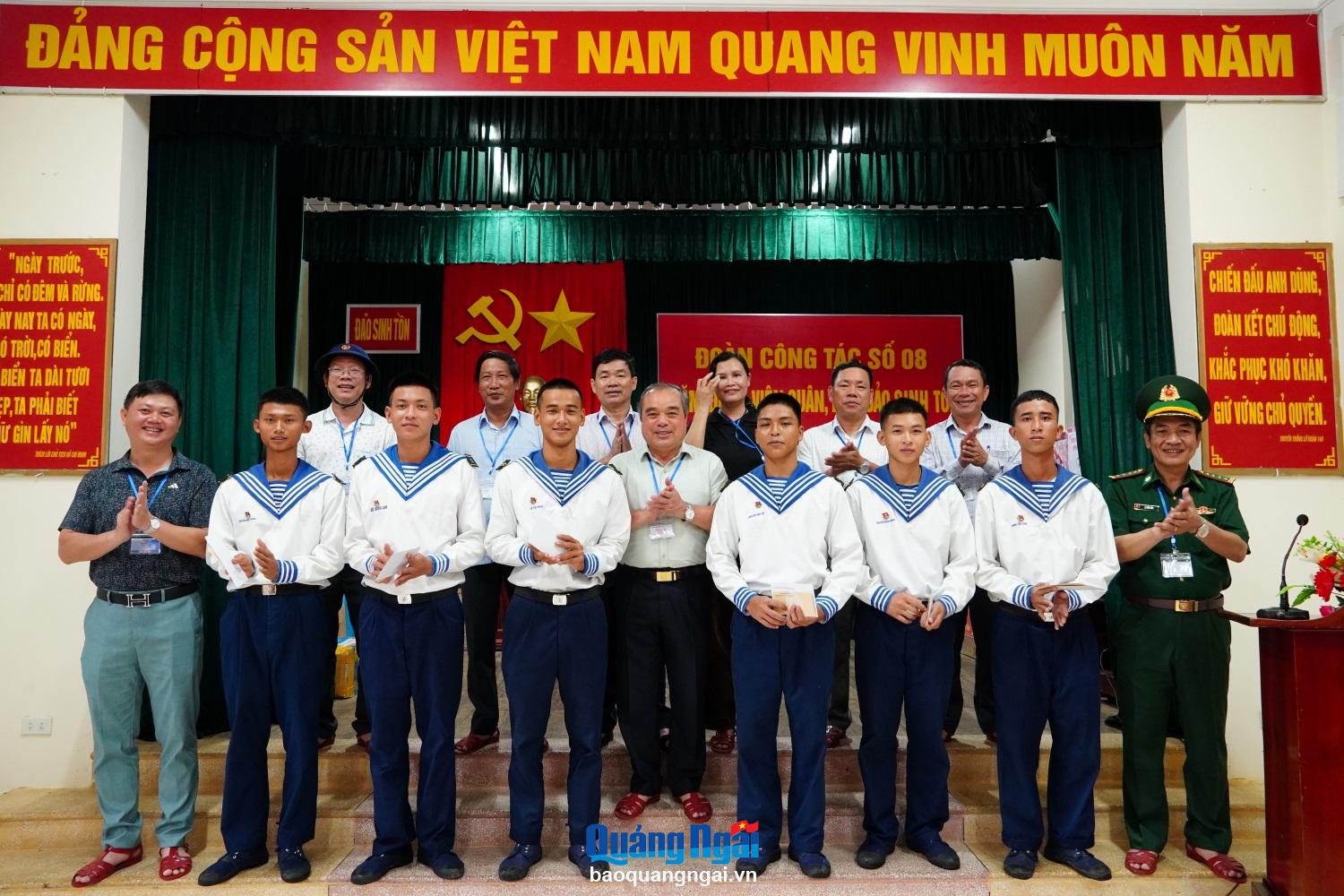
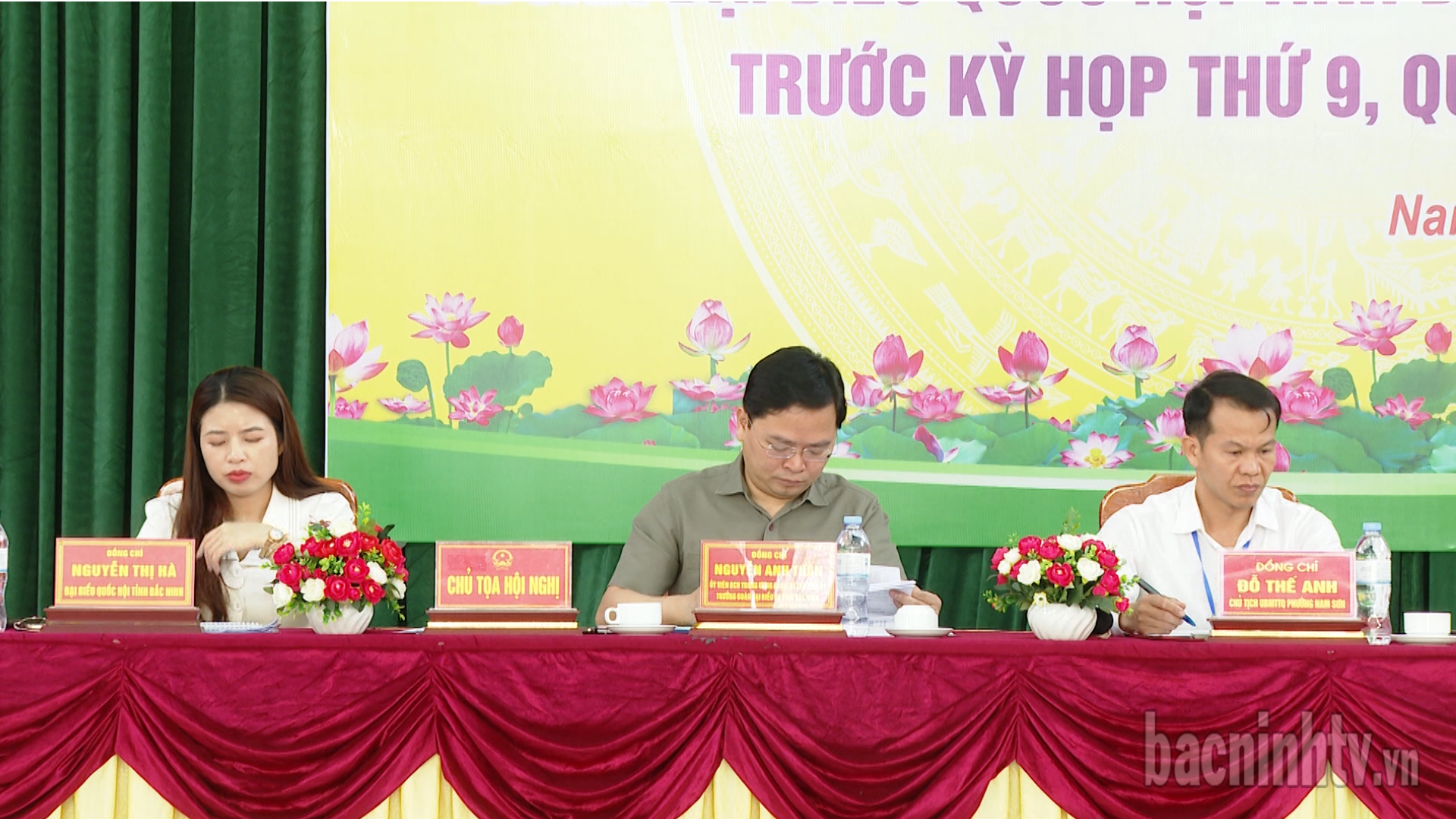
![[Photo] National Assembly Chairman Tran Thanh Man attends the summary of the organization of the Conference of the Executive Committee of the Francophone Parliamentary Union](https://vstatic.vietnam.vn/vietnam/resource/IMAGE/2025/4/15/fe022fef73d0431ab6cfc1570af598ac)
![[Photo] General Secretary To Lam receives Ethiopian Prime Minister Abiy Ahmed Ali](https://vstatic.vietnam.vn/vietnam/resource/IMAGE/2025/4/15/086fa862ad6d4c8ca337d57208555715)
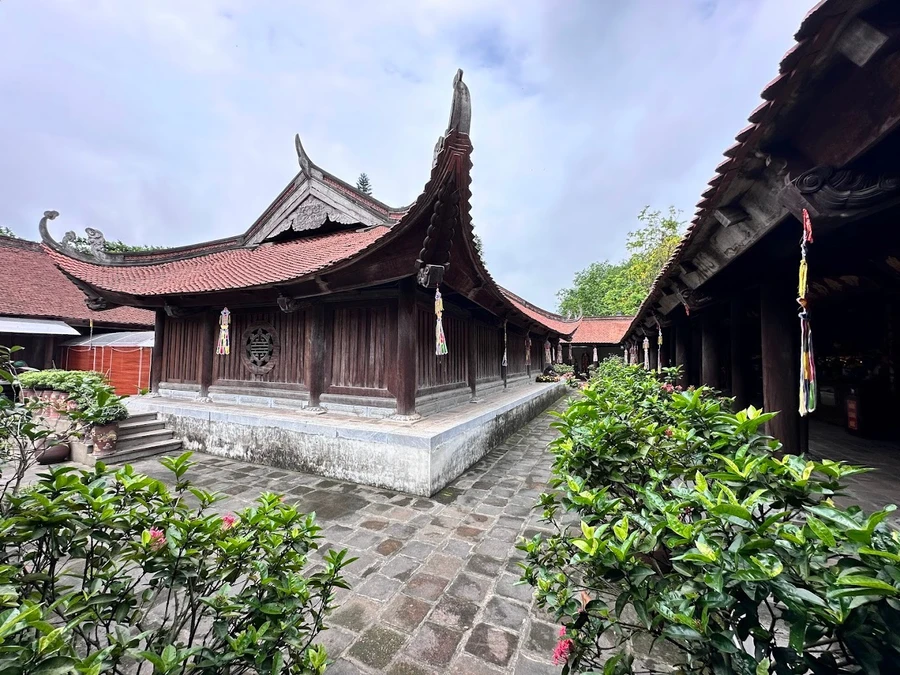










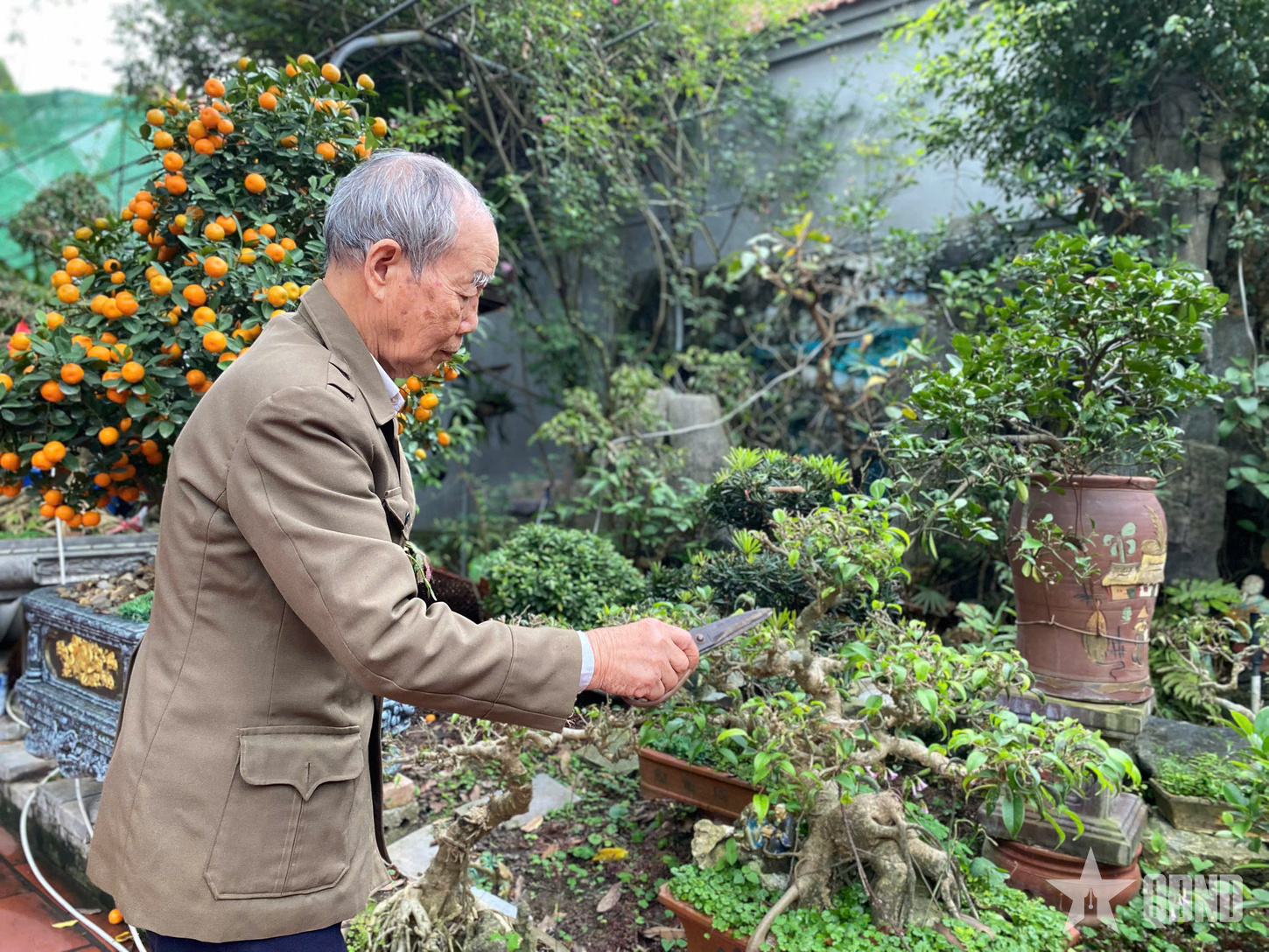



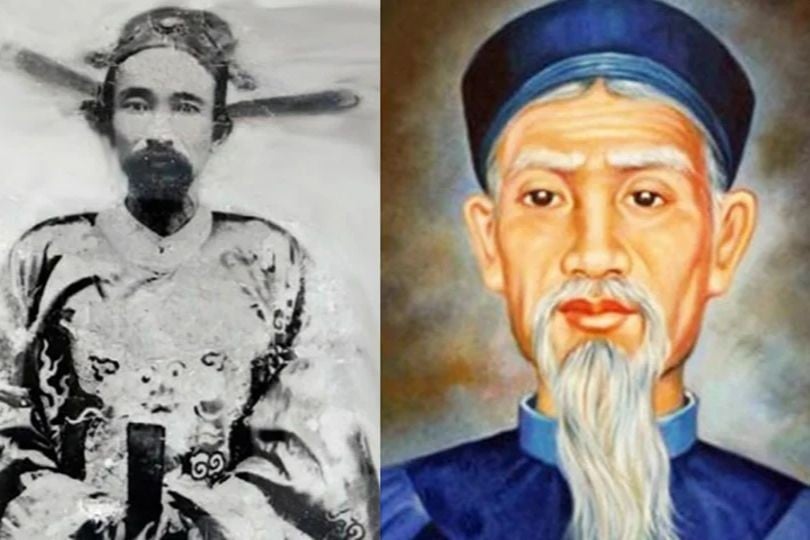

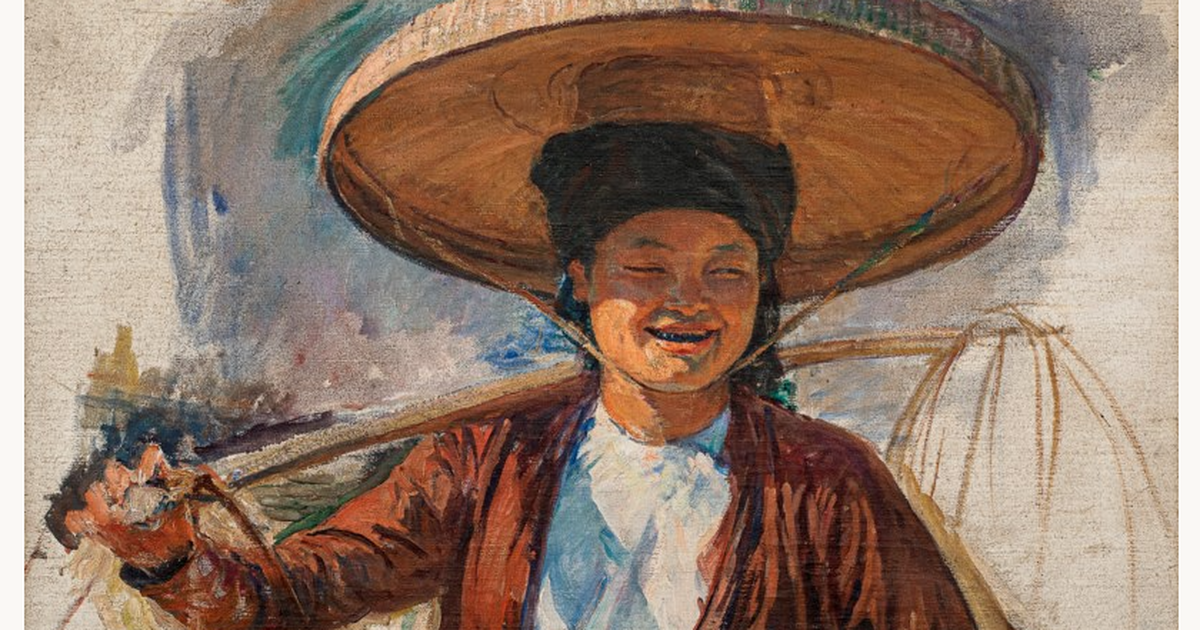

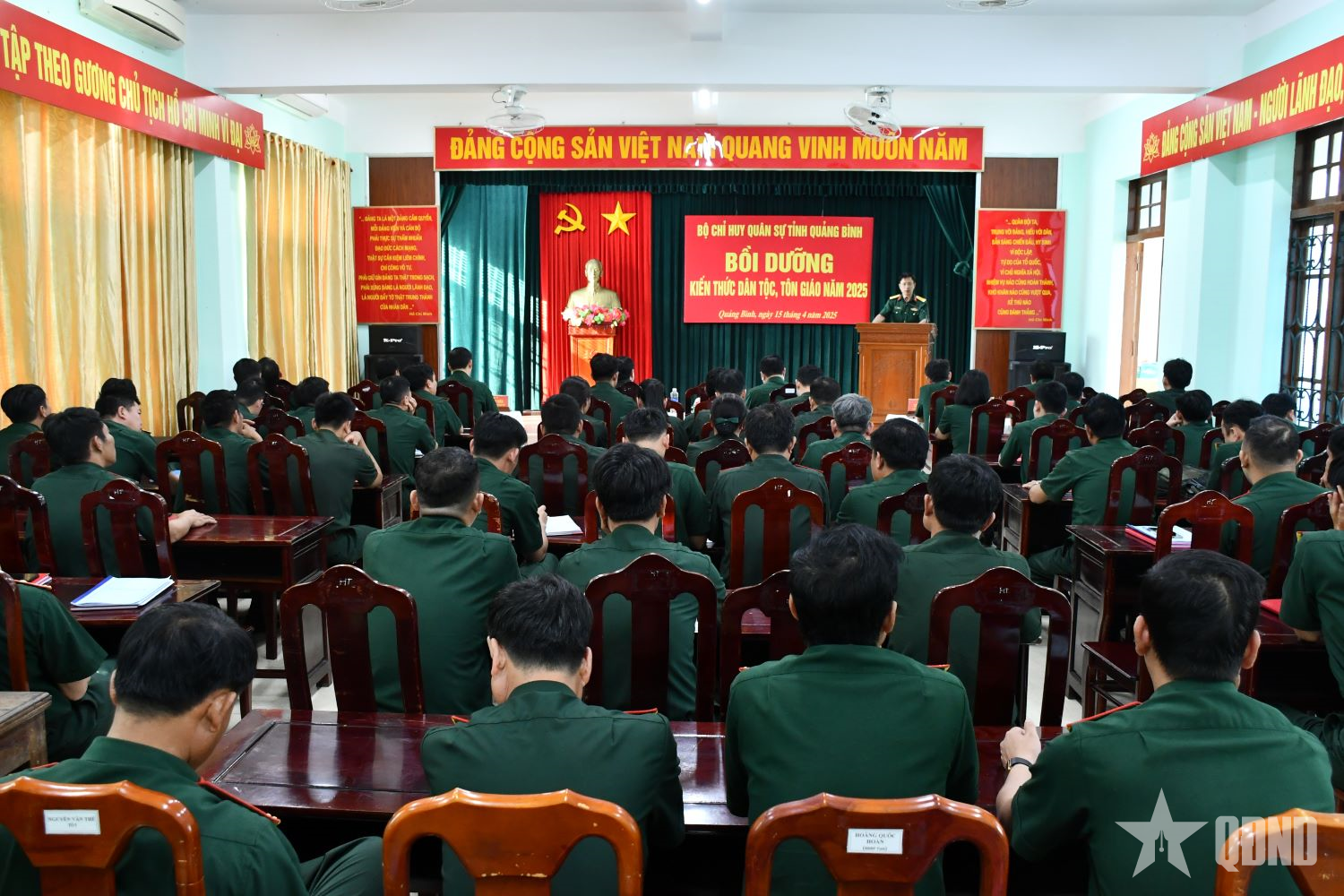
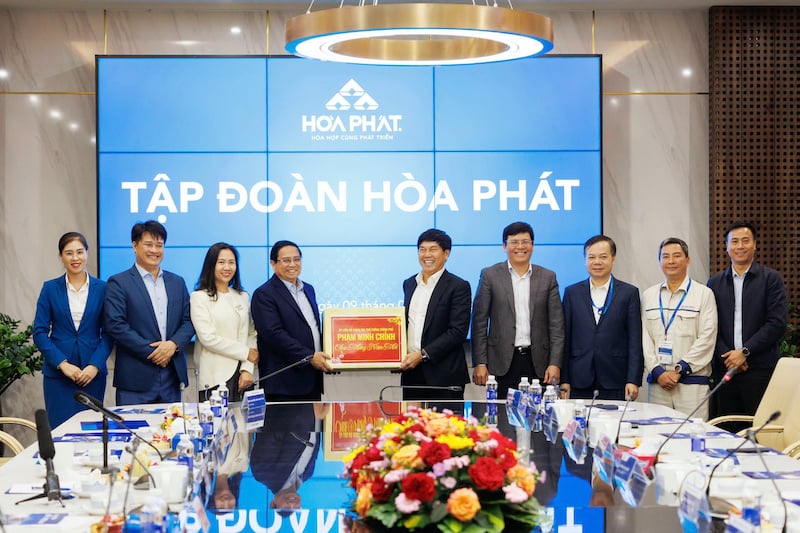

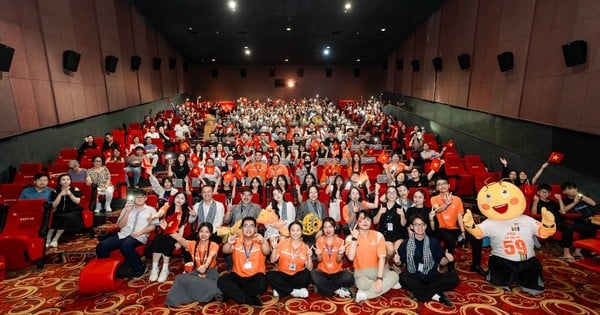

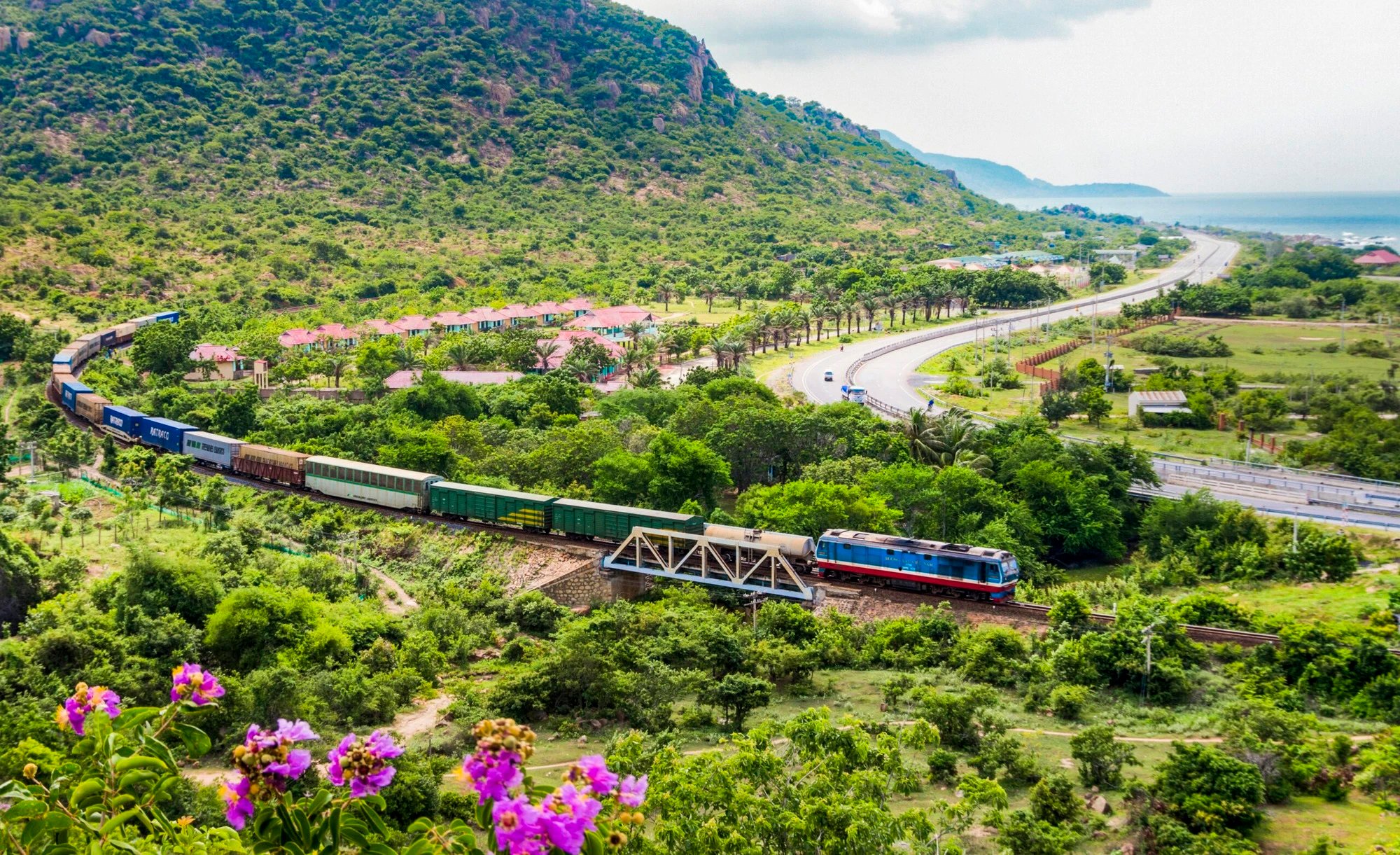

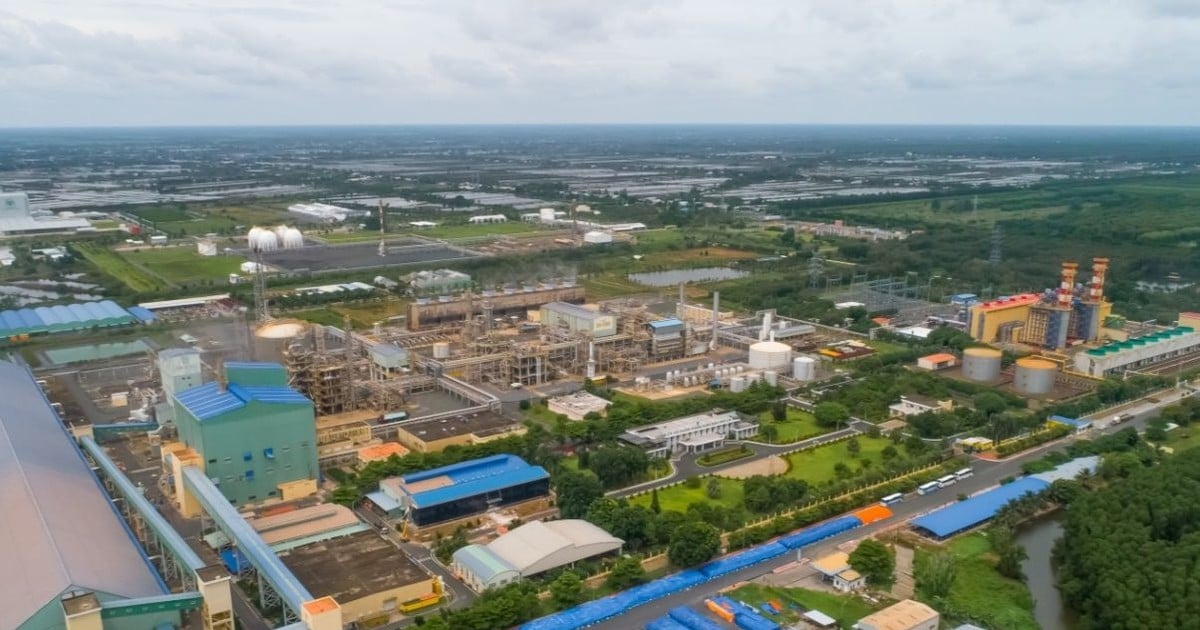
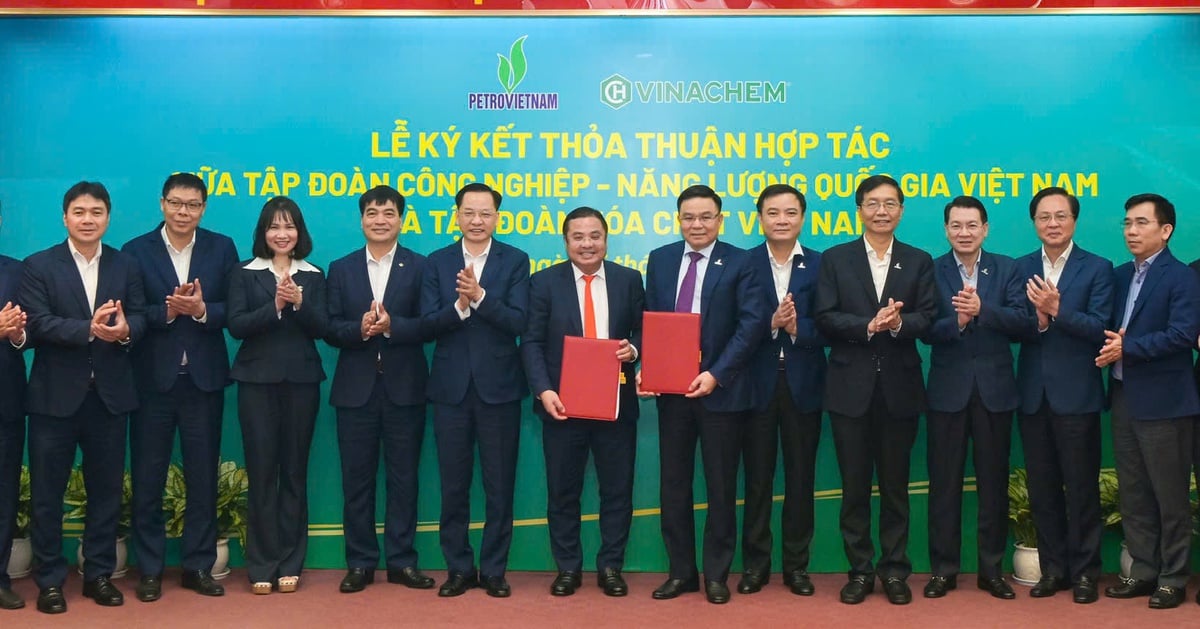




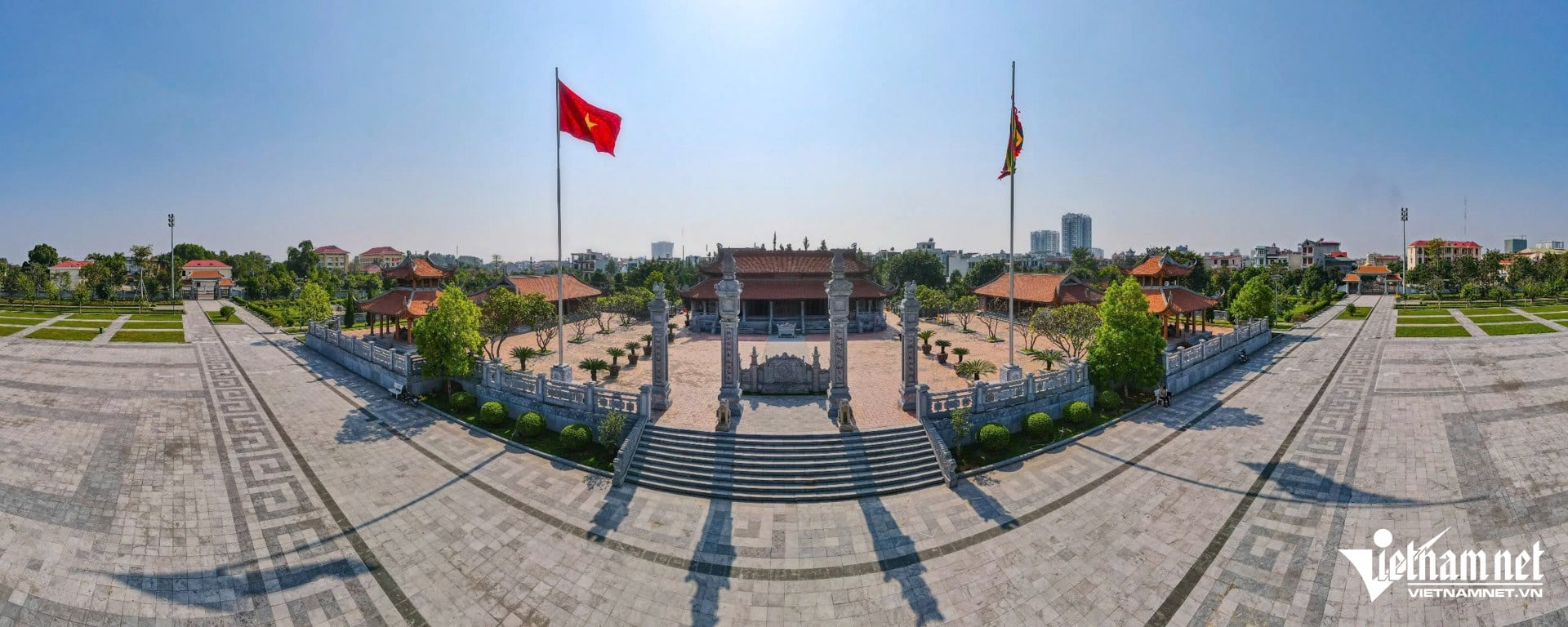
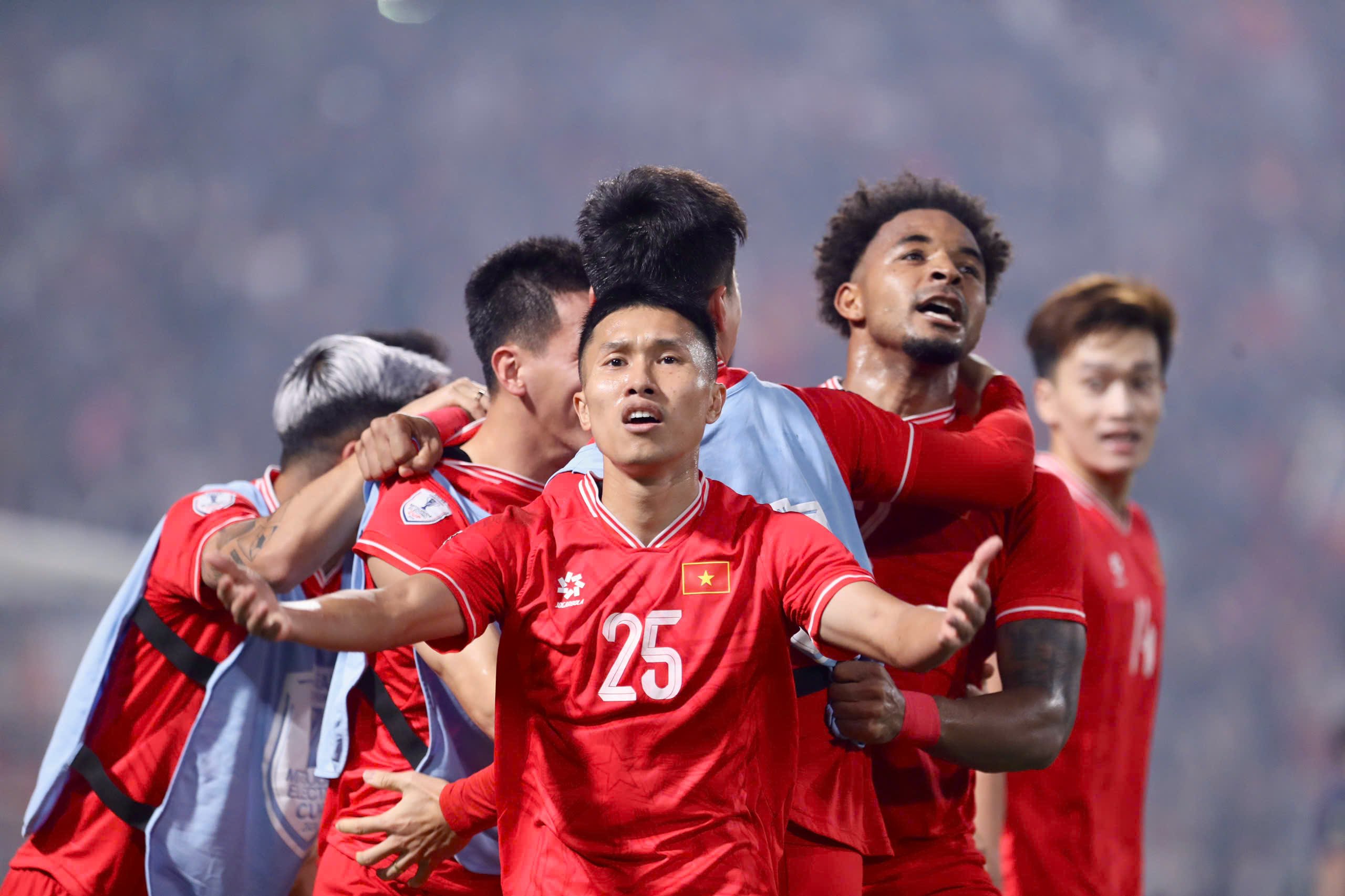
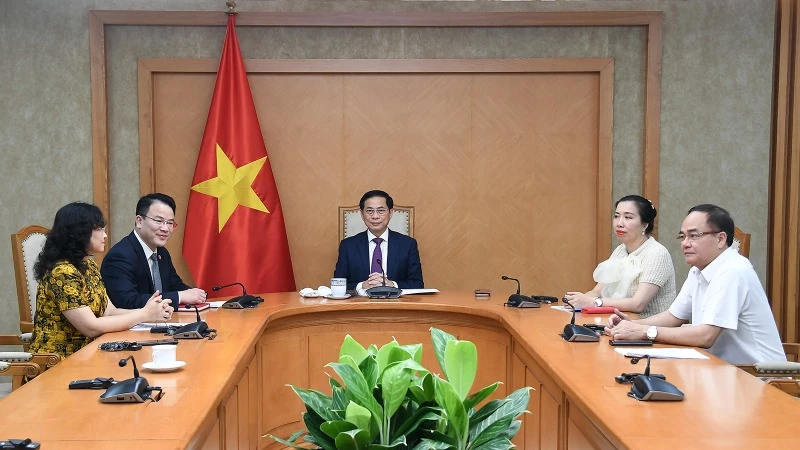

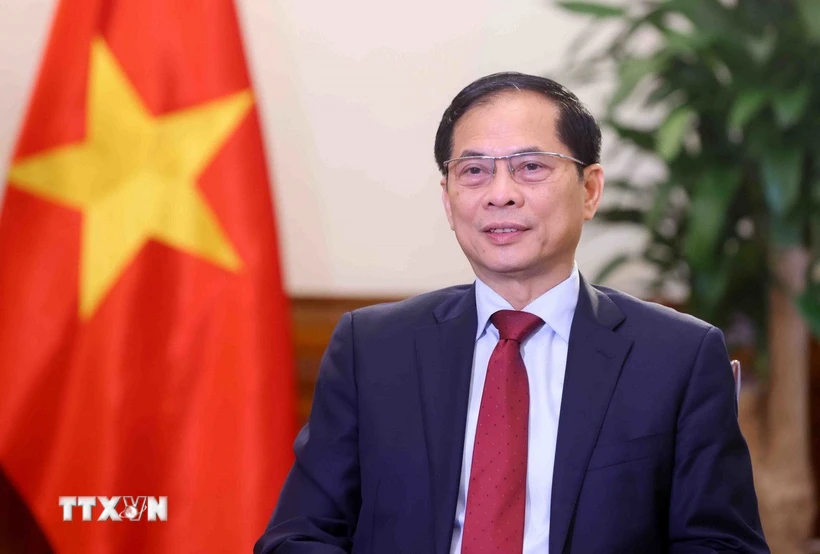
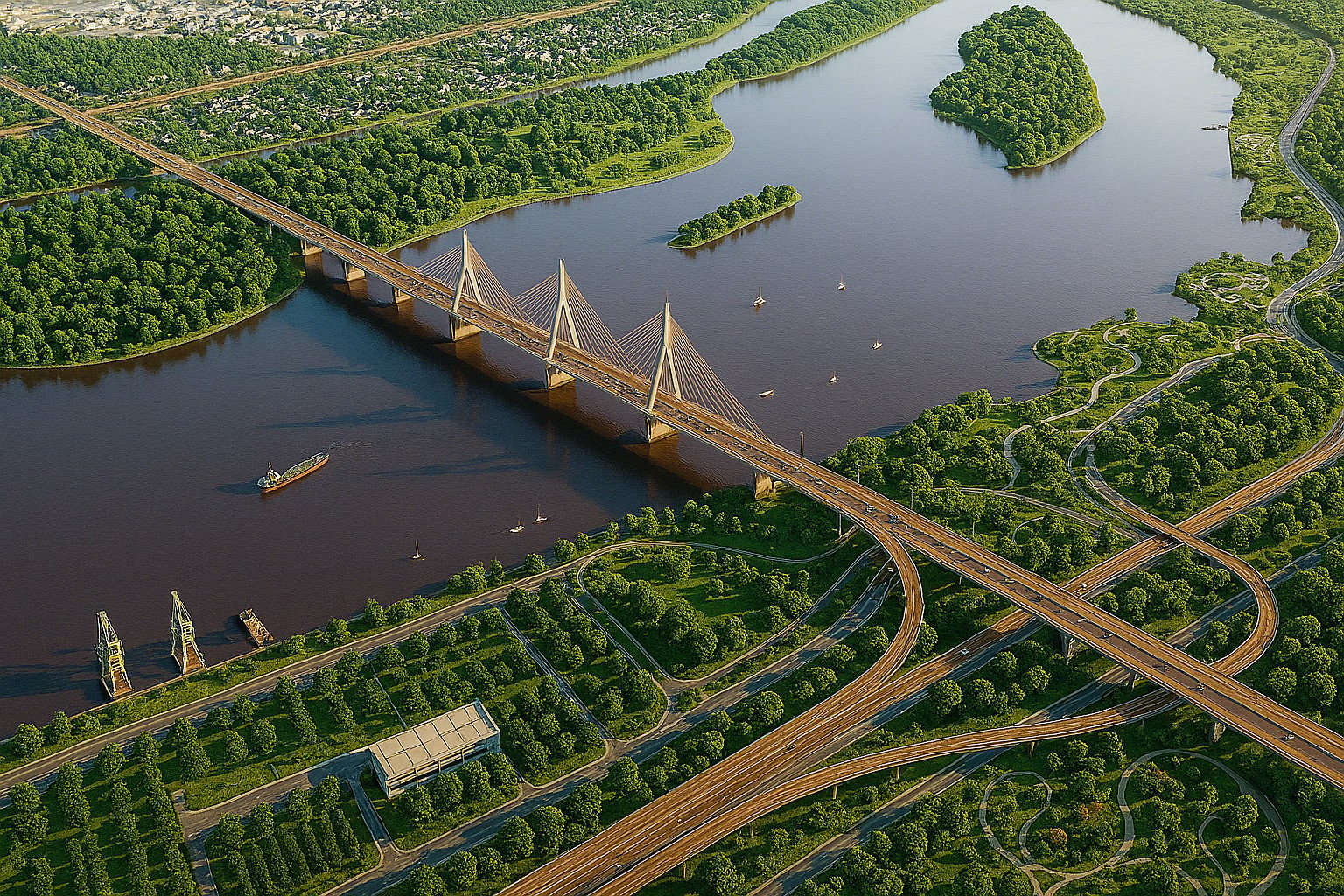
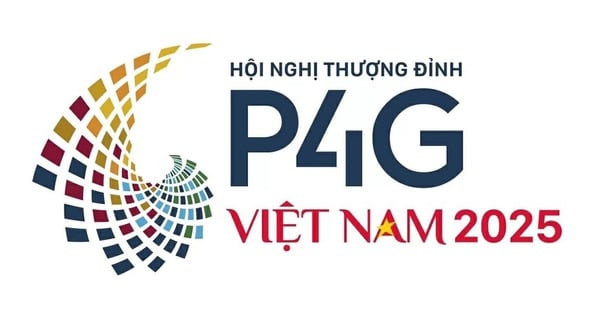

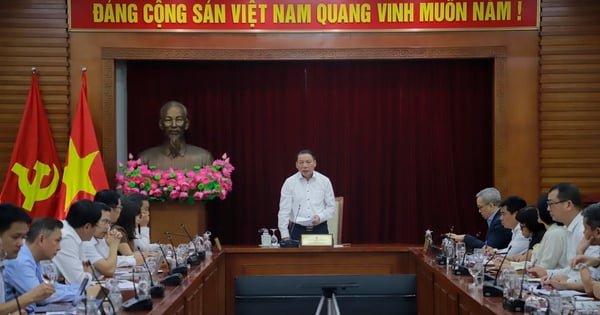

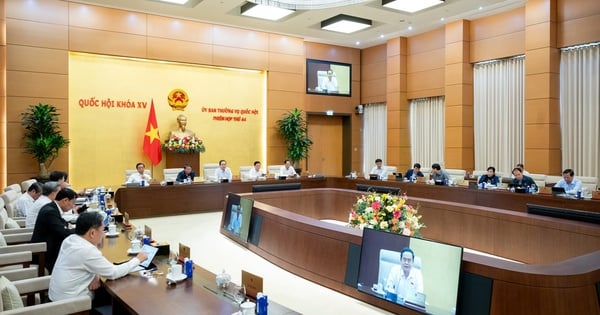
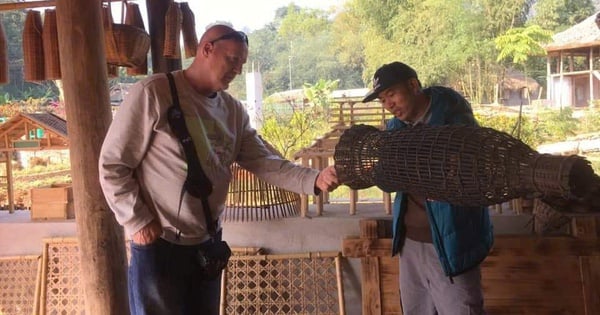
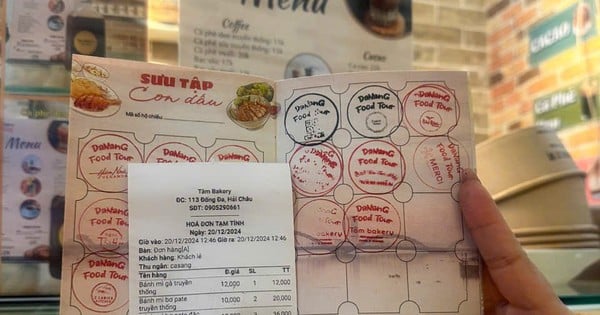
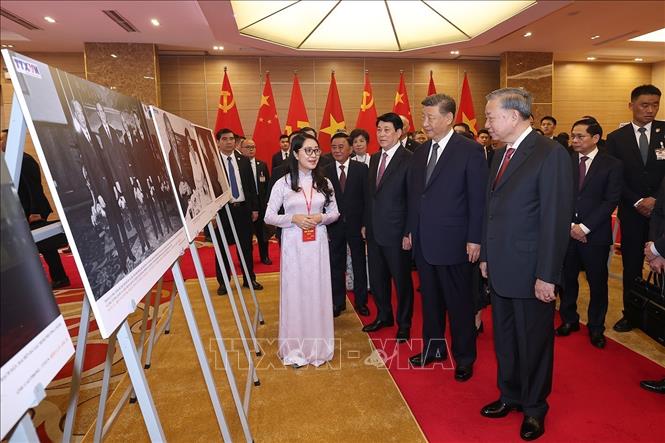

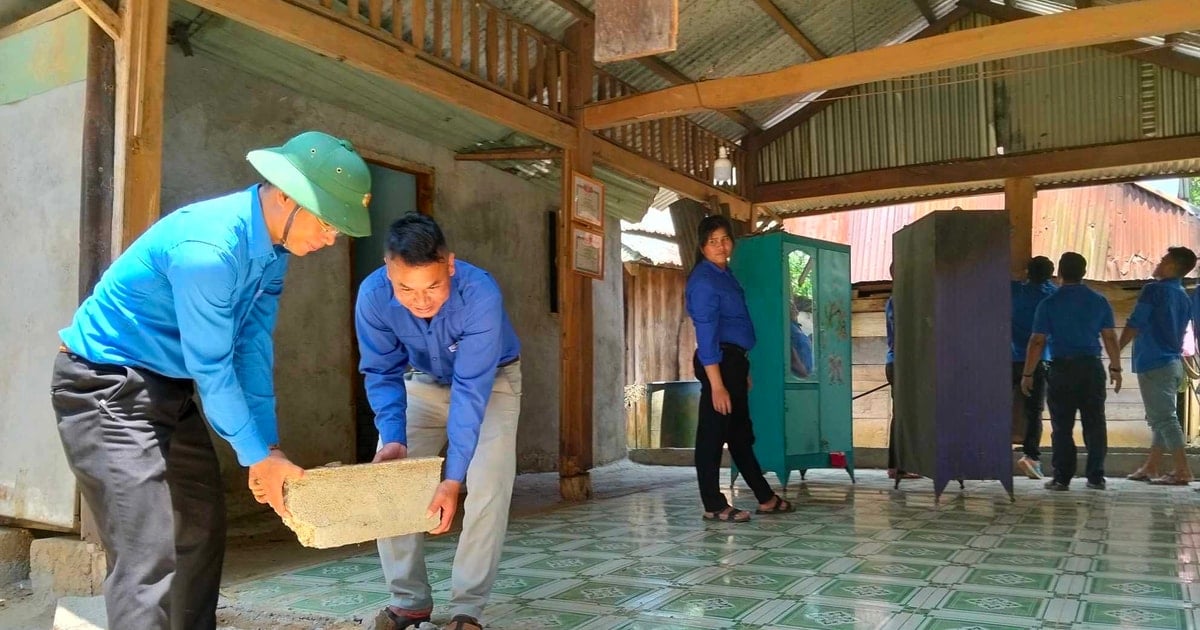

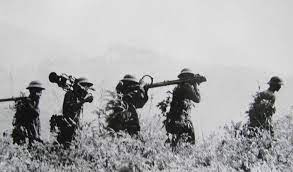

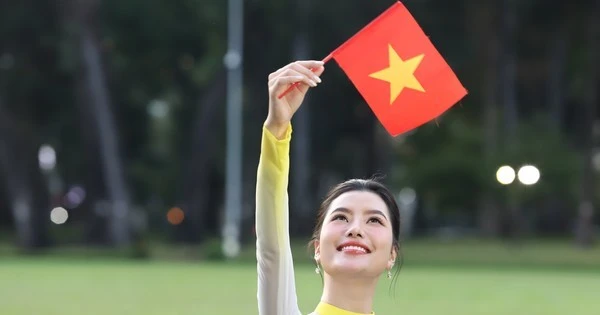

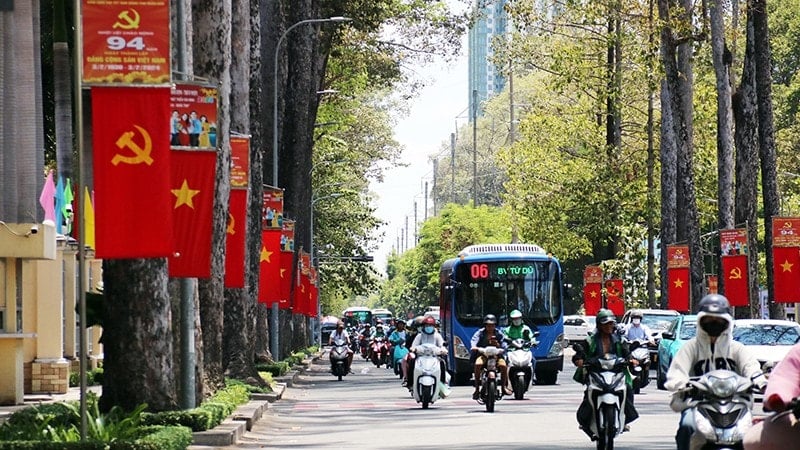

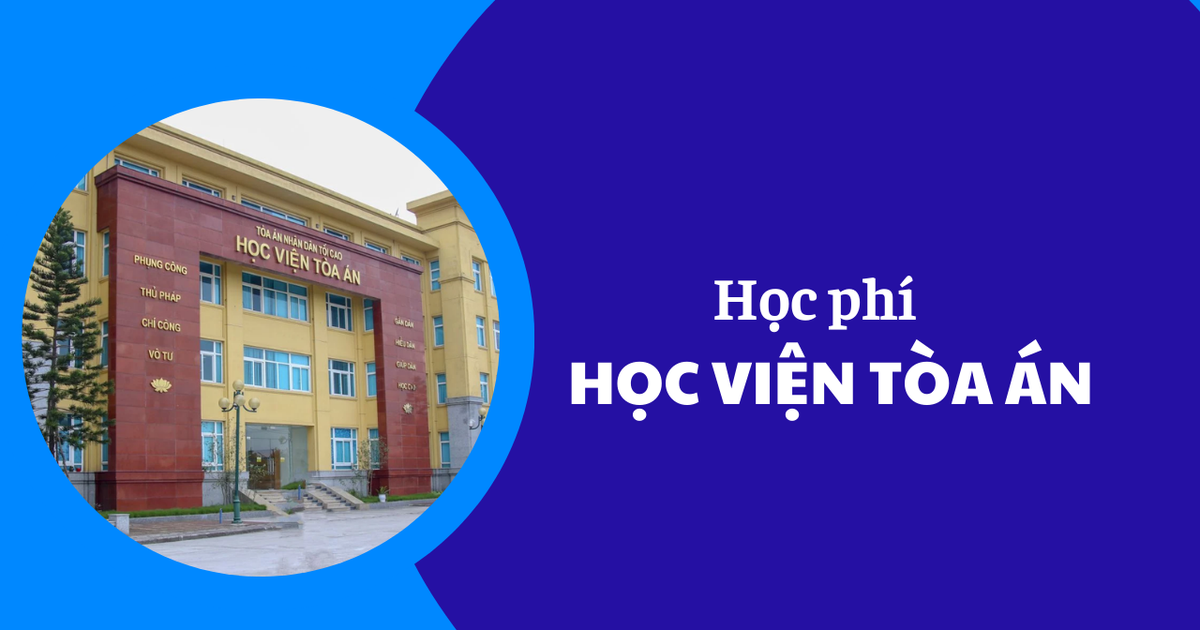
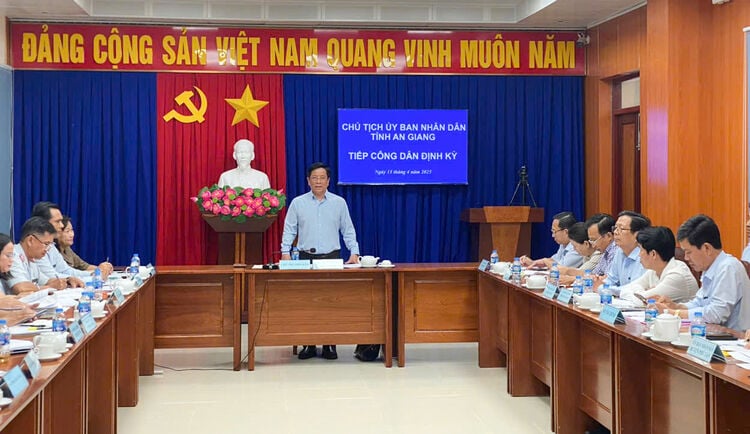

![[Photo] The capital of Binh Phuoc province enters the political season](https://vstatic.vietnam.vn/vietnam/resource/IMAGE/2025/4/16/c91c1540a5744f1a80970655929f4596)
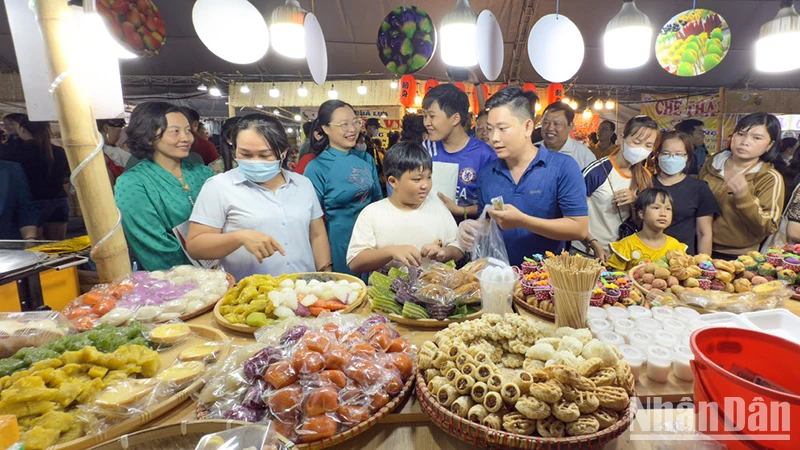
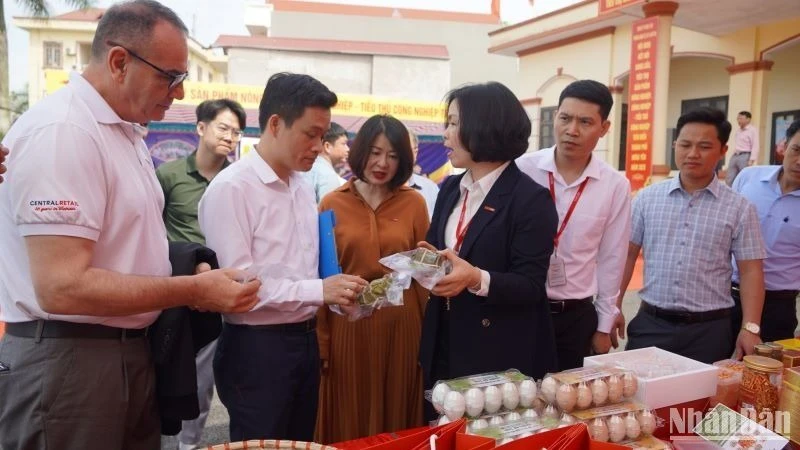


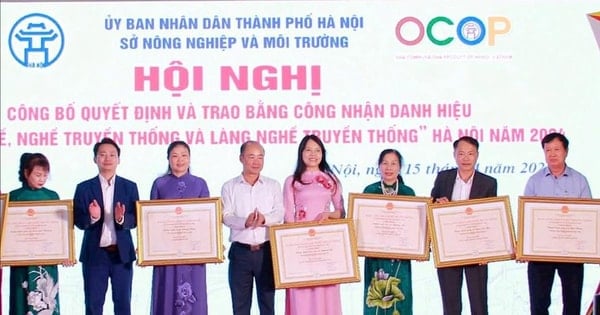



Comment (0)